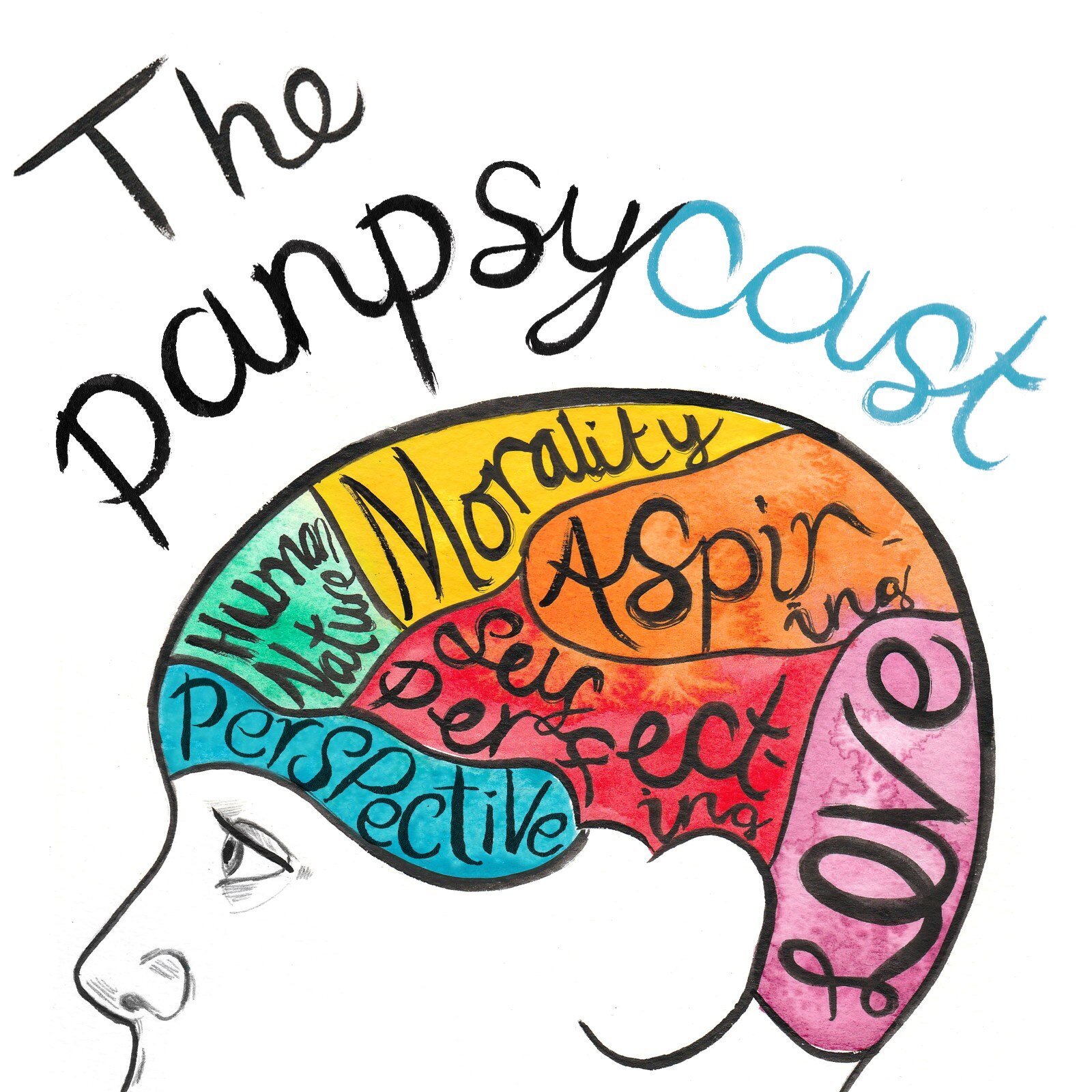Welcome to ‘Episode 104 (Part I of II)’, in which we’ll be discussing the nature of political art with Vid Simoniti.
If we want to improve our public discourse, we must aim to be as objective as possible. When we raise our consciousness and work towards clearing our minds of personal interests, political affiliations, and the sophistry of art, we grow closer to rationality and knowledge. Art, on the other hand, is nothing more than the overly excited offspring of objectivity: films, paintings, music, and dance contribute nothing unique to our understanding of the world. At worst, art muddies the waters of our discourse; at best, it merely reflects the insights of political philosophy and science.
Opposing this view – and championing the cognitive advantages of artworks as political discourse – is Dr Vid Simoniti, Lecturer in Philosophy of Art at the University of Liverpool. As well as being a rising star in the worlds of academic philosophy and art history, Dr Simoniti’s work as a BBC New Generation Thinker – and his collaborations with public-facing projects such as the Liverpool bi-annual – is bringing conversations about art and philosophy into the public square.
When we enjoy a play at the theatre, rock our heads to a song on the radio, or wiggle the joysticks on our PlayStation controllers: does it leave us more attuned to how the world is? For Simoniti, in the context of art as political discourse, the answer is unequivocally ‘yes’.
The file size is large, please be patient whilst the podcast buffers/downloads/offers something uniqueThis episode is produced in partnership with the Philosophy and the Future project at the University of Liverpool. For more information about philosophy at Liverpool, head over to www.liverpool.ac.uk/philosophy.
Contents
Part I. Public Health
Part II. Further Analysis and Discussion

